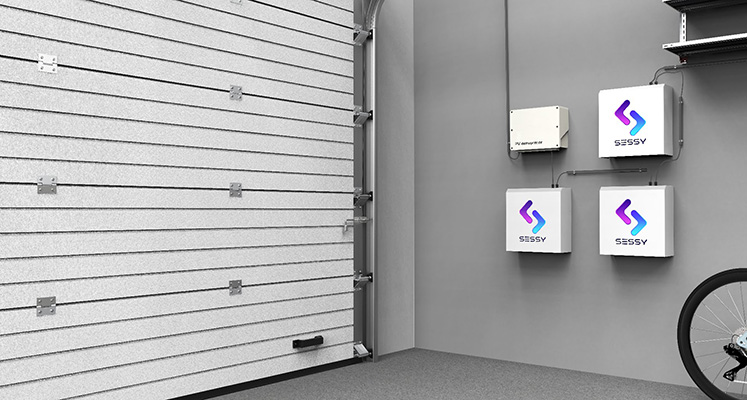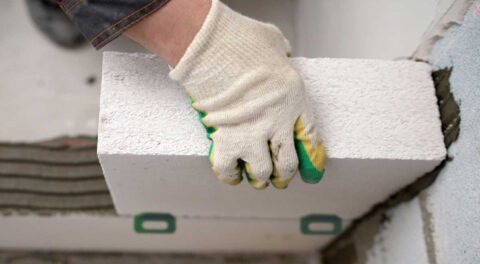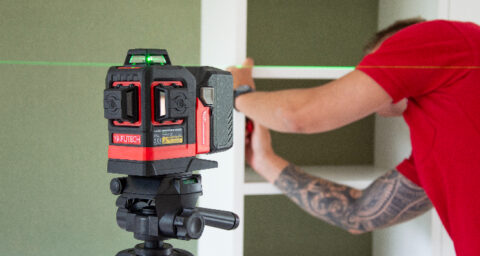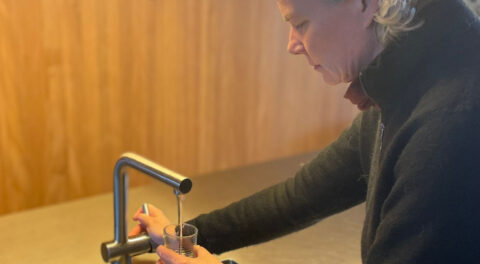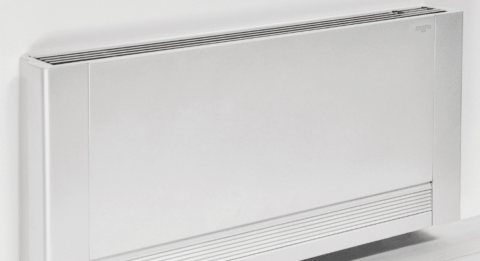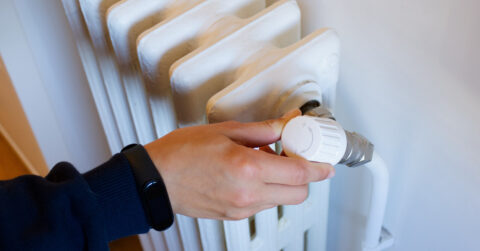Consumers with dynamic energy contracts have been given an additional opportunity to make money with their home battery. By trading with their battery not only on the electricity market (EPEX), but also on the so-called imbalance market, the payback period potentially drops to four to six years.
Charged, manufacturer of the Dutch-made home battery Sessy, has partnered with Frank Energie, a provider of dynamic energy contracts, for this purpose. The energy supplier controls the home batteries through a smart algorithm. This allows them to trade in real time on the various electricity markets.
The Sessy has been on the market for a year. Already 2950 of them have been sold. That home battery allows solar panel owners to store their own surplus green solar electricity for later use. But they can also use it, thanks to smart software, to trade on the short-term electricity market: the EPEX. There, the price of electricity varies hourly. By charging the battery when the price is low and discharging it when the price is high, they make money daily. This is done automatically.
Imbalance market
Cooperation with battery suppliers allows Frank Energy customers to trade on the imbalance market with their home battery. As individuals, they can't. In that market, the batteries serve as a buffer to keep the voltage on the grid at 50 Herz. This is mandatory in Europe. Otherwise, power failures or blackouts occur. With the increase in relatively unpredictable wind and solar power, there is an increasing imbalance between supply and demand on the grid. Rates paid on that market have recently become much higher than on the EPEX market. 'There, the prices you can earn from your home battery collapsed a bit, increasing the payback period to 10 years. In the imbalance market, volumes and prices are actually increasing. Batteries that capitalize on this by smart charging and discharging can benefit. That creates an extra earnings model, bringing the payback period of your battery back to four to six years with the current market conditions," says Charged CEO Roeland Nagel.
Feed-in tax
The potential tax deduction on the purchase, the avoidance of the feed-in tax for those with solar panels and future allowances to combat congestion on the power grid, he said, make buying a home battery even more lucrative. Anyway, most batteries have a 10-year warranty and an even longer lifespan.
The Netherlands now has 190,000 households with dynamic power contracts. Instead of a fixed price for energy, they pay hourly prices for electricity and daily prices for gas. An analysis by the Association of Dynamic Energy Suppliers (VDE) shows that in 2023 they spent an average of 1127 euros less on their energy bills than households with a variable contract.
In practice, the partnership between Frank Energie and Charged means that customers of the energy provider can purchase a Sessy home battery and buyers of a Sessy can enter into a contract with Frank Energie. The energy provider has entered into a similar partnership with other battery suppliers in the Netherlands: Bliq and Accuselect.
Together, they aim to make the home battery accessible to a wider audience and dramatically reduce energy bills for consumers. The Sessy is also suitable for connection to other trading systems. Charged has launched a special product for this purpose: SessyConnect.
